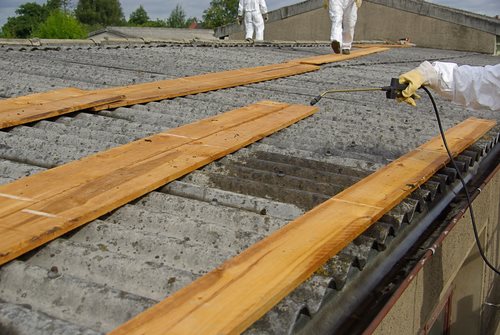Contractor Explained
What is a Contractor?
A contractor is an individual or company who is responsible for the day-to-day operations and oversight of a construction site. In addition to these functions a contractor will also manage the transactions involved in the site, primarily trades and deals with vendors.
A contractor is also responsible for keeping touch with the general contractor and the involved parties involved throughout the course of the project.

Price Evaluation Process:
Before starting a construction project, a contractor must visit and assess the construction site. Upon evaluating the piece of property, the contractor will formulate a price, referred to as an estimate. The contractors will then evaluate the cost of all materials, equipment, as well as the cost of labor. After analyzing the expected cost of the project, the contractor will provide the owner of the building with an approximate price for the construction process.
Following the delivery of the expected price for the project, the contractor will draw up contracts. These contracts will elaborate on the budget and the conditions revolving around the plans and specifications of the project. The contractor will utilize a design professional, such as an architect, to better evaluate the necessities of the project. That being said, in the majority of construction sites, the contractor will also act as the project engineer or the project manager.
What is a Contractor Responsible for?
A contractor is responsible for providing the construction companies and the individual workers with all material, including labor, equipment and those services necessary for the construction of the project. In order to accomplish these tasks, the contractor will incorporate specialized subcontractors to perform specialized tasks or portions of the construction process.
The responsibilities of the contractor will vary depending on the size and complexity of the construction project. In general; however, a contractor will be responsible for providing or accomplishing the following tasks: filing for building permits, securing the property, managing the workers on site, providing temporary materials and utilities on site, providing engineering functions and surveying for the site, disposing of wastes left over by the construction process, monitoring the schedules of workers, balancing the costs of the project and maintain accurate records regarding the finances and the construction process as a whole.
Example of a Contractor’s work:
An owner of a building or a real estate developer will develop a program based on their needs and subsequently choose a site. An architect will then assemble a design team of engineers and other experts to design the building and pinpoint specifications needed for construction. During this phase, the contractor will frequently participate in the design efforts by providing services where they will aid in providing price estimations and information revolving around scheduling.
The owner, contractor and architect will then work closely together to meet the deadline and budget of the project. The contractor will work with subcontractors to ensure that all quality standards have been met, in addition to the budget and timeline.